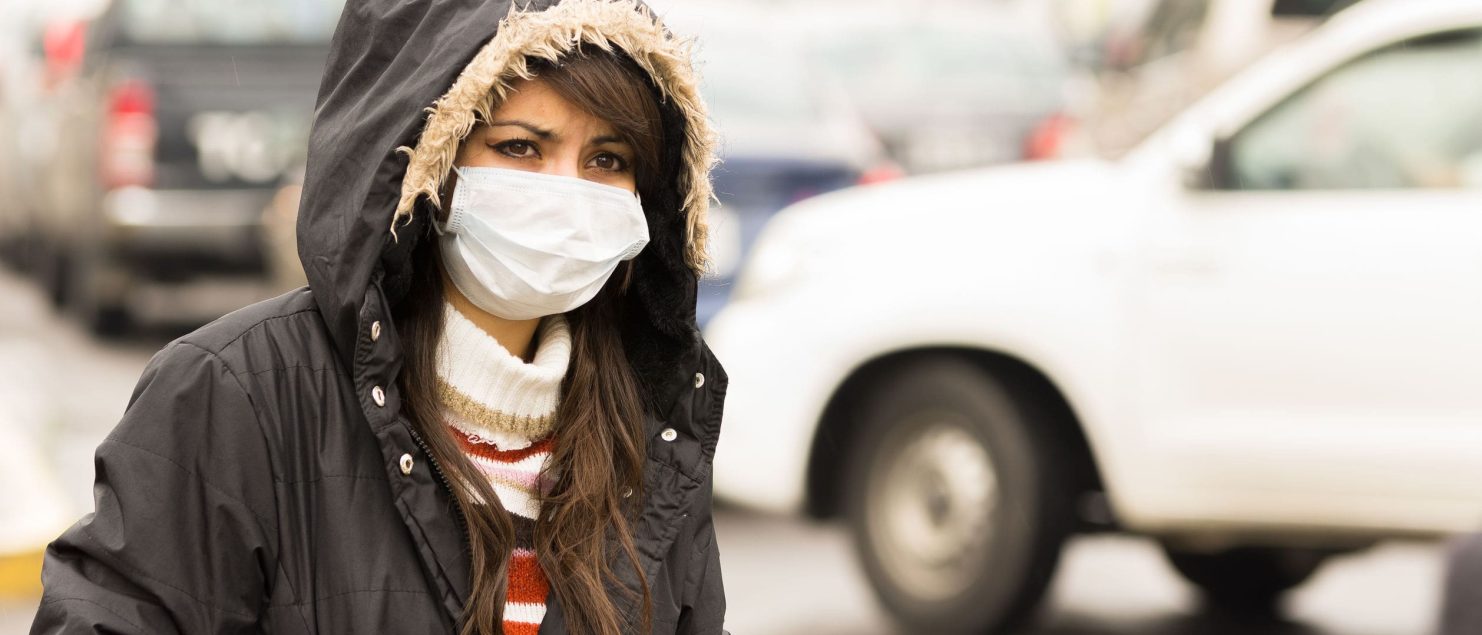Psychologist needed right away. Pocovid complications.
The COVID-19 pandemic, along with its duration, has more intensely affected the mental state of all of us and left its mark. Initially, the main culprit for the lowered mood, anxiety and restlessness, insomnia, was the fact of the long isolation, the inability to meet directly with loved ones, as well as the fear associated with the possibility of losing one's job and worsening financial condition. Health care workers had to deal with a huge mental burden, and it was on them that the first studies on the impact of the pandemic on mental health were conducted. They showed a significant increase in the stress of so-called distress, which in the long term develops into post-traumatic stress disorder - PTSD (post-traumatic stress disorder), similar to the stress of armed conflict.
Nervous system disorders after Covid-19.
Preliminary studies on the neuropsychological consequences of COVID-19 passage indicate that about 25% of people may develop central nervous system symptoms in the form of dizziness, headache and disturbances of consciousness, the so-called brain fog. The aforementioned symptoms can occur already during the course of the infection, but also several weeks after being infected or later. Similar research results were obtained after the last outbreak caused by another coronavirus-SARS in 2003. On this basis, special attention has now been paid to the impact of the pandemic from a neuropsychogenic perspective.
Does coronavirus cause mental illness and disorders?
We are now dealing with the extensive psychosocial consequences caused by the pandemic from both the position of social anxiety and the psychological condition as a complication of the COVID-19 infection. This two-pronged impact of the pandemic is causing more and more patients with various ailments, or aggravations of pre-existing diseases and mental disorders, to appear in the offices of psychologists, psychiatrists and family doctors. Seeking help indicates that we can't cope with everyday life and the limit of our adaptation to new conditions has been crossed.
In addition to the already mentioned symptoms accompanying the epidemic situation, special attention should be paid to the increase in addiction levels as a consequence of the ongoing pandemic, and it is not only alcohol abuse that is a problem, but also psychoactive drugs and behavioral addictions, such as to phones, games and television.
How to improve your mental state during a pandemic.
Given the above, one common feature of the pandemic is INSECURITY, which has become the only constant feature of our reality. Without taking preventive measures, changing our attitude, increasing our mental resources, it will be difficult for us to maintain our psycho-physical well-being. Therefore, if you are experiencing anxiety, lowered mood, insomnia or prolonged stress, you should remember and apply some important principles:
- Take care of your physical activity
Walk, exercise at home, do breathing exercises. Try to devote even a few minutes every day to your activity.
- Don't go overboard reading and watching the news about the pandemic
By focusing on this information, which is about new illnesses, the number of deaths, strictures, we cause anxiety and frustration to rise in us. Instead, read a good, positive book, or watch a movie, an interesting program or cabaret.
- Plan your day, all routine activities, as well as those to add variety to your day
When you prepare a framework agenda for yourself, you take control of the situation. Don't focus on things that are out of your control, you are only wasting energy that could be used for personal development, and for taking care of yourself and your loved ones.
- Eat regularly and healthy
Nothing gives you the strength to work like a good meal. Avoid excess simple sugars and saturated fats. Diversify your diet, test new flavors, add lots of vegetables and fruits. Let your diet be rich in vitamin C, D and B, as well as minerals such as magnesium and calcium.
- Develop your passions, find a new hobby
A time of isolation is, in spite of appearances, a time of "reset". You can slow down, stop for a moment and think if there is something in your life that has been missing so far. Perhaps there is something you used to enjoy, but you don't do it because you didn't have time. Perhaps this is a good time to learn something new.
- Take care of social relationships
Talk to friends and family about how you feel. Use internet connections and use webcams, this will allow you to feel direct contact, eye contact, which is indispensable in creating good relationships. Infect yourself and others with a smile. Remember that a kind word and peace of mind can be shared from a distance.
- Reduce stress with relaxation training
Take care of your inner harmony, use relaxation, meditation, tai chi training and other techniques that affect balance and maintenance. This will keep you calm, but will also help with sleep problems.

You are not alone! Ask for help from a psychologist or psychiatrist.
If you feel it's too hard for you, talk to a psychologist or psychiatrist. There is nothing wrong with not getting along. Sometimes realizing that your problem can be solved, that it has an end, that your well-being is impaired temporarily, will help you cope better with stress. A psychologist will help you look for new solutions and bring out your inner resources. You will unload your bad emotions and learn to cope with a difficult situation. Sometimes the setting of drug treatment and the inclusion of psychotherapy is needed, and this is the only way to return to stability and health.
Despite the enormous burden we have to endure every day in this extremely difficult situation, let's not be idle to those around us who are affected by the pandemic and need specialized help.
Author of the text:

